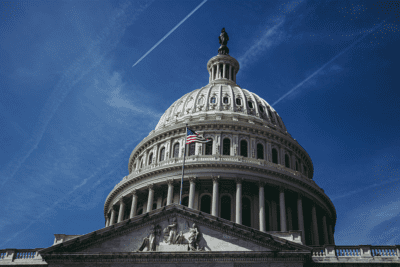Removing Barriers to Occupational Licensure
Since early 2021, 14 states have introduced legislation reducing barriers to occupations requiring professional licenses for people with criminal records and five states have passed laws. “We are witnessing an incredible groundswell of interest from state lawmakers to address barriers to work for people with records,” says said Le’Ann Duran, director of economic mobility at the CSG Justice Center. “We hope to continue to capitalize on this momentum until every state in the country has gold-standard legislation that gives people with records a fair chance to enter occupations requiring a professional license.”
Clean Slate Laws
Another important emerging trend is “clean slate” legislation, which clears criminal records if a person remains crime-free upon release. Thousands of convictions, juvenile and adult, are eligible for expungement. However, the process is complicated, lengthy, and requires a lawyer, making it cost-prohibitive for most. And while many legal aid organizations provide this service, they don’t have the resources to help everyone who asks.
Sharon Dietrich, an attorney with Community Legal Services of Philadelphia (CLS), says that two-thirds of the organization’s employment law clients seek help with expungement, but the process is so onerous that CLS can only handle a few thousand petitions each year.
States have the capacity, advocates argue, to instead do this automatically. The Clean Slate Initiative is a bipartisan policy model that works to automatically clear qualifying criminal records. It has been backed by private foundations and the federal government. In 2019, Pennsylvania became the first state to pass clean slate legislation, a move that helped clear more than 36 million records in the first year. Michigan, Utah, and Connecticut have followed, and the initiative is mobilizing support nationally.



